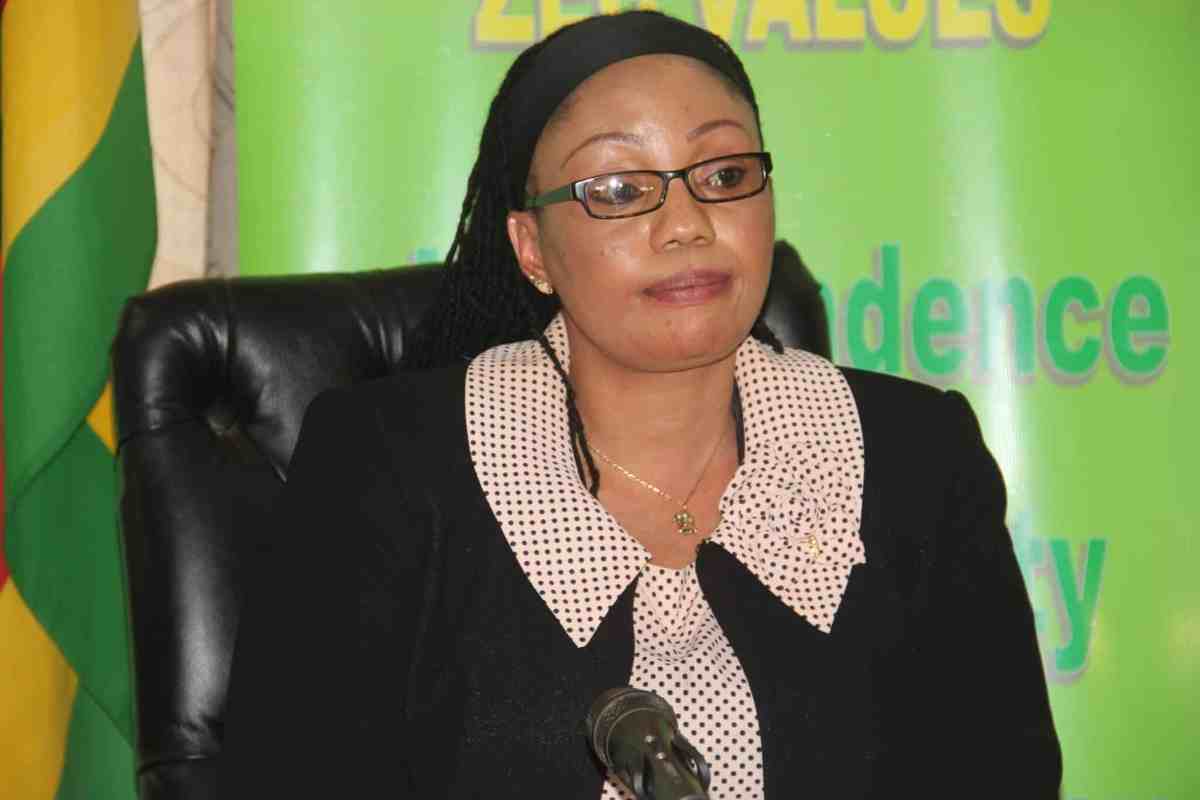
Civil society groups have challenged the Zimbabwe Electoral Commission to reduce the nomitation fees for the upcoming elections as they deter women and youths’ participation in the polls.
Last year, through Statutory Instrument (SI 144) ZEC announced that a presidential candidate is supposed to fork out US$20 000, up from US$1 000.
A Member of Parliament and local authority candidate will part with US$1 000 up from US$50 and a proportional representation member will pay US$200, up from US$100.
However, these prices are too high for mainly the youth and women who are not as economically strong as their male counterparts.
Election lobby group, the Zimbabwe Election Support Network (ZESN) called on the government to reduce the prices as they disenfranchise marginalized groups.
“The Zimbabwe Election Support Network joins the nation in commemorating the National Youth Day and calls for active participation of youth in electoral processes in line with section 67 of the Zimbabwean Constitution,” ZESN said.
“The National Youth Day established to recognize youths and their contributions to different areas in the country comes at a time the country is preparing for the 2023 harmonized elections. Further, Zesn welcomes the institutionalization of the youth quota in the National Assembly to enhance their participation in democratic governance processes as this is something that youths had been lobbying for since 2017.
“However, there is need for government and political parties to employ the 25% threshold as outlined in the National Youth Policy, to ensure representation of youth in all public office and leadership positions from the grassroots going upwards, for example village, ward, and council to national level,” the Network added.
A women’s rights lobby group, the Institute for Young Women’s Development (IYWD) recently petitioned Parliament to reduce the gazetted candidate nomination, voters roll, and electoral maps fees, as well as to make sure that any fixed amounts are reasonable, gender, youth, and disability appropriate
Presenting oral evidence before the Portfolio Committee on Justice, Legal and Parliamentary Affairs IYWD Coordinator, Merjury Mhlanga, said “Such a development retrogresses policy and practice progress made since the liberation struggle and grossly violates the SADC Protocol on Gender and Development, SADC Principles and Guidelines governing Democratic Elections, the African Charter on Human and Peoples Rights, the African Charter on democracy, elections and governance to which Zimbabwe is a signatory to. Furthermore, the provisions of the SI are against your own constitution.”
Mhlanga claims nomination costs are expensive and exclude women and people with disabilities (PWDs), a development that breaches Section 56 of Zimbabwe’s constitution, which enshrines the right to equality and non-discrimination, and undermines the 2030 objective of ‘leaving no one behind.’
Youngerson Matete, speaking during a Twitter space organized by the Zimbabwe Election Support Network (ZESN), noted that: “It is also important to have the Electoral Amendment Bill to address issues that bar young people from participating within electoral processes in nomination fees and eligible years for young people to participate as candidates”
Most youths in Zimbabwe are unemployed resorting to working in the informal sector where incomes are unstable and those employed earn below the poverty datum line.
Furthermore, youths, women and PWDs are confronted with physical, socio-cultural, and structural barriers regarding their participation in electoral processes where such participation is characterized by less representative quota systems.








